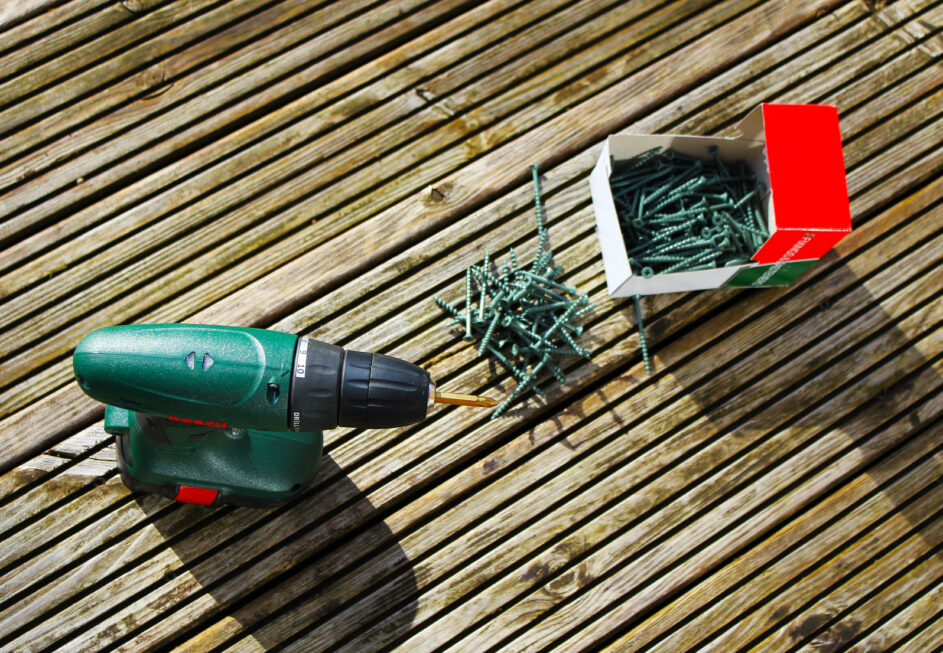It’s not news that home improvement projects surged during the pandemic. Many of us watched neighbors add decks or fences, and we’ve seen social media posts from friends who converted attics to offices or basements to theatres. Since we were stuck at home, it only made sense to make home a better place to work and play, and the cancellation of vacations and nights out left some of us with extra cash to spend.
The trend is likely to continue as we wait to safely return to our former way of life. If you’re planning an improvement project for this year, town of Farragut building official Karl Swierzko has some advice – call to find out if you need a permit before you begin.
“If you don’t know, asking is the best thing,” he says.
A document on the Town’s website provides general info about what requires a permit and what doesn’t. Some projects, like replacing a water heater or air conditioner, clearly require a permit. Others, like a deck repair, are more nebulous. For example, replacing a few boards doesn’t require a permit. But if handrails have to be taken down to replace those boards, a permit is required for the handrails to be replaced because they might not meet current safety codes.
“We just want to protect homeowners. That’s what this is all about.”
Common projects that don’t require a permit Include interior improvements like paint, tile, carpet, cabinets or countertops, fences not over seven-feet tall, retaining walls not over four-feet tall, and playground equipment. The most common projects that require a permit are deck repairs and replacement, and the replacement of water heaters and air conditioners.
Those who are inclined to skip getting necessary permits will pay a price when the time comes to sell the home. If an inspection reveals unpermitted work, the bank may refuse to finance the sale.
Farragut codes officials are obligated to investigate work they see being done without a permit, and they will stop the work until permits are in place. Such delays can be frustrating to the homeowner, but the process ensures that safety standards are met.
A reputable, licensed contractor should handle all permitting before beginning a job, Swierzko says, but homeowners tacking DIY projects are encouraged to call the Codes Department (865-675-2384) to find out what permits they need and for help with navigating the online process. The staff are more than willing to answer questions. Permit fees vary and are based on the valuation of the construction.
Once permits are in place, work will be inspected as it proceeds, and that sometimes requires two or three visits.
Permitting adds time and expense to a project, but when that project is your home, it’s worth it.
“Anything you do to your home, obviously, is a big investment, so you want to get it done right for the health and safety of the occupants.”
Town of Farragut marketing and public relations coordinator Wendy Smith is your reliable Farragut insider.

